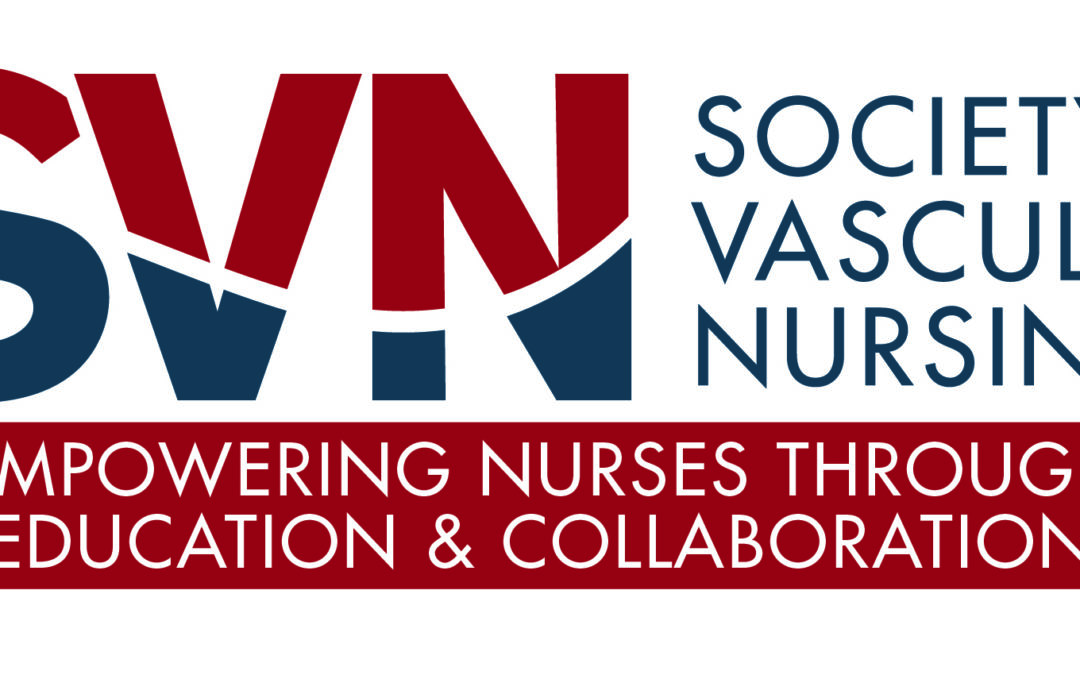September 5 kicked off Vascular Nurses Week, a week celebrated every year in honor of the work vascular nurses do.
The Society for Vascular Nursing helps promote this week which is dedicated to the vascular nurses who assist patients with health, lifestyle, and activity issues surrounding vascular disease.
Nurses in this specialty have a particular interest in the circulatory system and how it operates and impacts so many aspects of patient health. A vascular nurse’s role is hands-on and allows for direct patient care and interaction. Nurses in this role may work in a specialized office, a hospital, or in various outpatient settings. They work with patients who have received a new diagnosis and those who have been managing their vascular disease for decades. As patients age, their needs and conditions will change and that requires vascular nurses to understand disease progression over a lifetime.
Patients who need treatment from vascular nurses might have a variety of simple or complex health challenges. Within the spectrum of vascular diseases are conditions that impact the arteries and veins such as arterial diseases, blood clots, aneurysms, or varicose veins.
Vascular nurses work with patients to help treat their conditions, manage their symptoms, and educate themselves about vascular disease. Nurses who are interested in this path will need to obtain their RN license and then will want to work within the cardiovascular field to gain an understanding of the circulatory systems and how vascular disease can change health.
As nurses work within the field, they can seek certification in vascular nursing or cardiac vascular nursing. This kind of advanced credentialing helps nurses provide the best patient care and will also boost nurses’ confidence. Certified nurses are the experts in their fields and the additional knowledge gained from preparation for the exam will serve patients best. Certified nurses are current on the most recent evidence-based practices and so can offer the kind of patient care that is progressive and based in rigorous practices. And, as in most nursing specialties, advanced degrees help professional nurses move their careers ahead faster and have more options for nursing practices.
One of the primary goals of a vascular nurse is to educate patients on vascular diseases and the changes they can make to have positive outcomes wherever possible. Lifestyle changes can have a big impact for some patients, so teaching about the benefits of exercise on improving blood flow and elasticity of veins or the benefits of losing even a small amount of weight to help lessen pressure and stress on the circulatory system can reap huge rewards. When patients implement positive changes and begin to see the results they want, nurses are rewarded by seeing the direct impact of their work.
Not all patients can improve their conditions with lifestyle changes, so vascular nurses are able to talk with patients from a point of true empathy to understand the discomfort, lifestyle impacts, and fear that vascular disease can bring. Vascular nurses need to understand medications such as blood thinners, co-morbidities including diabetes, and the impacts of activities like smoking on the circulatory system. With this broad approach in mind, they can help vascular disease patients thrive.
Happy Vascular Nurses Week!
- Is the FNP Program Right for You? - April 24, 2024
- WOC Nurses Week Highlights Specialty - April 16, 2024
- Honoring Radiology Nurses Day on April 12 - April 12, 2024



